Addiction recovery is a critical issue that affects many individuals and families across the United States. In North Carolina, a range of state resources and initiatives are dedicated to supporting individuals in their journey to recovery. These resources are designed to provide comprehensive care, foster community support, and ensure access to necessary services.
Comprehensive Treatment Programs
North Carolina offers a variety of state-funded treatment programs tailored to different needs. The North Carolina Department of Health and Human Services (NC DHHS) plays a pivotal role in coordinating these services. Through the Division of Mental Health, Developmental Disabilities, and Substance Abuse Services (DMH/DD/SAS), the state provides access to both inpatient and outpatient treatment options. These programs often include medical detoxification, counseling, and medication-assisted treatment (MAT), which combines behavioral therapy with medications to manage withdrawal symptoms and reduce cravings.
North Carolina’s comprehensive treatment programs offer a multifaceted approach to addiction recovery, addressing a wide range of needs and providing support throughout the recovery journey. By offering a blend of inpatient, outpatient, and specialized programs, as well as community-based and long-term recovery support, the state ensures that individuals have access to the care and resources they need to overcome addiction and build a healthier future.
Access to Support Services
The state’s resources extend beyond treatment programs to include support services that are crucial for long-term recovery. North Carolina’s recovery support services include case management, housing assistance, and employment support. Organizations such as the North Carolina Recovery Community Alliance (NCRCA) work to create a supportive network for individuals in recovery. They offer peer support groups, educational workshops, and advocacy to help individuals reintegrate into society and maintain their recovery.
Case Management
Case management services are critical in guiding individuals through the recovery process. Case managers work one-on-one with clients to develop personalized recovery plans, connect them with necessary resources, and monitor their progress. They help clients navigate the complexities of the healthcare system, including finding and accessing treatment facilities, coordinating with healthcare providers, and ensuring that clients receive follow-up care. Case managers also assist with setting and achieving goals related to recovery, employment, and personal development.
Housing Assistance
Stable housing is a vital component of successful addiction recovery. North Carolina offers various housing assistance programs to ensure that individuals in recovery have access to safe and stable living conditions. These programs may include subsidized housing, transitional housing, and supportive housing that provides ongoing assistance and monitoring. Organizations such as the North Carolina Housing Finance Agency work in collaboration with local agencies to provide affordable housing options and support services tailored to individuals in recovery.
Employment Support
Securing and maintaining employment can be a significant challenge for individuals in recovery. North Carolina provides employment support services to help individuals build job skills, prepare resumes, and find employment opportunities. Programs often include job training, career counseling, and workshops on job readiness skills. Additionally, some initiatives offer specialized support for individuals with criminal records or other barriers to employment, helping them reintegrate into the workforce and achieve financial independence.
Peer Support Groups
Peer support groups play a crucial role in providing emotional support and practical advice from individuals who have experienced similar struggles. In North Carolina, organizations like the North Carolina Recovery Community Alliance (NCRCA) offer a variety of peer support groups, including 12-step programs, SMART Recovery, and other evidence-based approaches. These groups provide a safe space for individuals to share their experiences, receive encouragement, and build a sense of community.
Family Support Services
Addiction recovery affects not only the individual but also their families. North Carolina provides family support services to help loved ones understand addiction, cope with its effects, and support the recovery process. These services may include family counseling, educational workshops, and support groups specifically designed for family members. By addressing the needs of families, these services help create a supportive environment that enhances the recovery journey.
Prevention and Education
Preventative measures and educational initiatives are also a key focus in North Carolina’s strategy to combat addiction. The state provides funding for prevention programs aimed at reducing substance abuse among youth and adults. Programs like the North Carolina Substance Abuse Professional Practice Board (NCSAPPB) offer training and certification for professionals working in the addiction recovery field. Additionally, public awareness campaigns aim to educate the community about the signs of addiction and the importance of seeking help.
North Carolina’s commitment to prevention and education is a cornerstone of its strategy to combat substance abuse. By focusing on youth prevention, community outreach, professional education, school and workplace partnerships, and research, the state aims to reduce the incidence of addiction and foster a healthier, more informed community. Through these comprehensive efforts, North Carolina is working to create a supportive environment that prioritizes prevention and empowers individuals to make healthy choices.
Collaboration and Innovation
North Carolina is committed to innovative approaches to addiction recovery, often through collaboration between state agencies, local organizations, and healthcare providers. The state’s Integrated Care Model promotes coordination between mental health and substance use services to address the complex needs of individuals. This model encourages collaboration between various stakeholders, including law enforcement, social services, and healthcare systems, to create a holistic approach to recovery.
North Carolina’s commitment to collaboration and innovation in addiction recovery highlights its forward-thinking approach to addressing substance abuse. By integrating care services, fostering cross-sector partnerships, utilizing technology, and supporting community-based solutions, the state is setting a strong example of how collaborative efforts and innovative practices can create a more effective and supportive recovery environment. These strategies not only enhance the quality of care but also empower individuals to overcome addiction and build healthier, more fulfilling lives.
Conclusion
State resources play a pivotal role in supporting addiction recovery by offering a range of services from financial aid to counseling programs. These resources are designed to address the multifaceted needs of individuals in recovery, providing critical support and guidance throughout their journey. Leveraging these state-sponsored services can significantly enhance the chances of achieving long-term recovery and stability.
For those seeking assistance or more information about addiction recovery resources in North Carolina, Renewed Wellness Counseling, PLLC is here to help. Contact us at 252-505-8150 to learn how we can support your path to recovery and connect you with the state resources you need.








